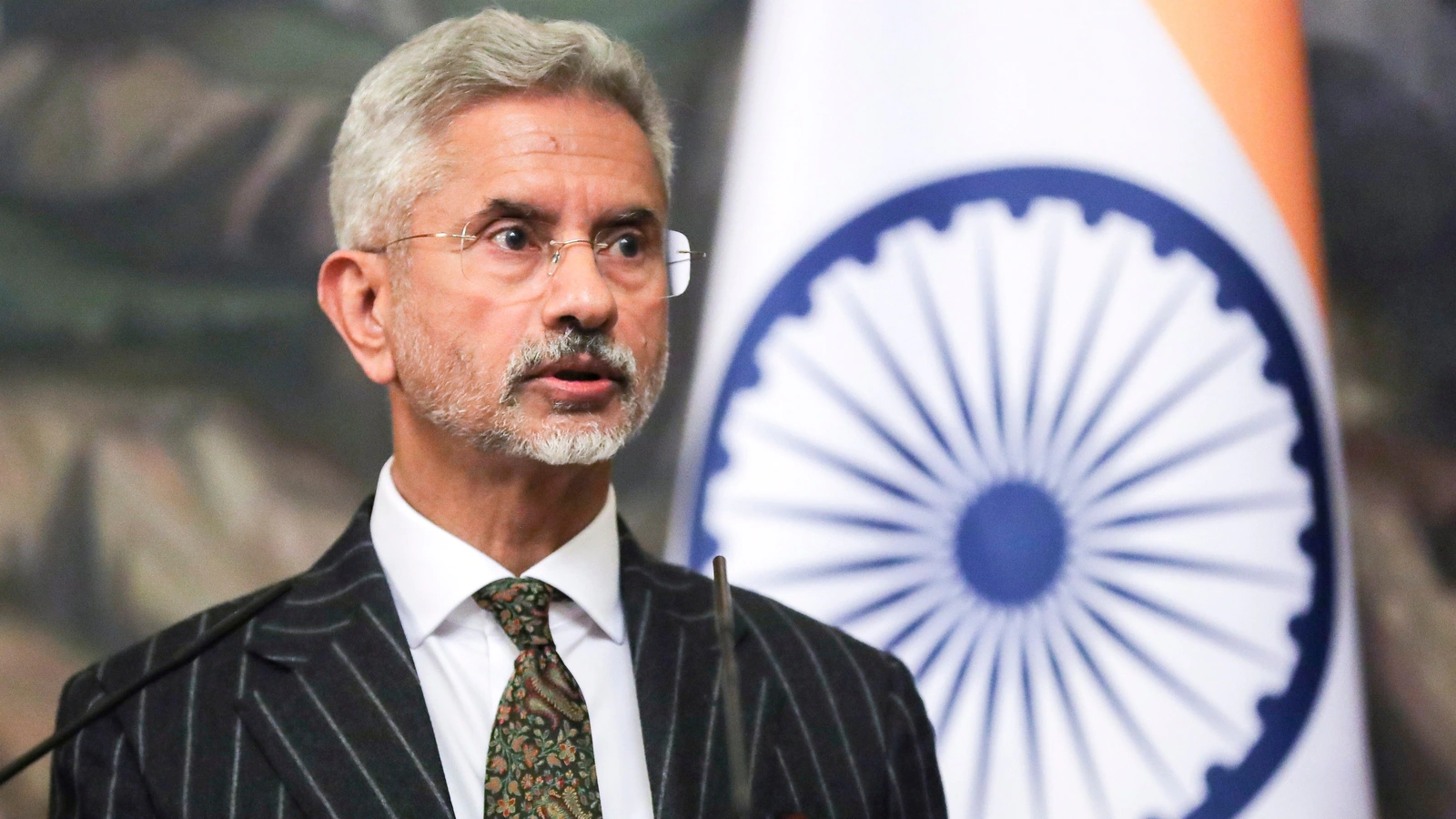How S. Jaishankar changed India’s foreign policy

India’s foreign policy has undergone significant changes under the leadership of External Affairs Minister, Dr. Subrahmanyam Jaishankar. Since his appointment in May 2019, he has been instrumental in shaping India’s foreign policy, and has focused on enhancing India’s engagement with the world. His approach to foreign policy has been marked by pragmatism, flexibility and a willingness to adapt to changing global dynamics.
Dr. Jaishankar took over as the External Affairs Minister at a time when India’s relations with several countries were strained due to various issues. For example, India’s relations with China were at a low point due to the Doklam standoff in 2017, while India’s relationship with the United States was going through a rough patch due to differences over trade and immigration policies. Additionally, India’s ties with Pakistan were severely strained due to cross-border terrorism and the Pulwama terror attack in February 2019.
In this context, Dr. Jaishankar’s appointment was seen as a strategic move by Prime Minister Narendra Modi to revamp India’s foreign policy and improve India’s engagement with the world. Dr. Jaishankar, a seasoned diplomat and former Foreign Secretary, brought with him a wealth of experience and expertise to the job. He was widely regarded as a technocrat who understood the complexities of foreign policy and was capable of navigating India’s relations with different countries.
One of the key changes that Dr. Jaishankar brought to India’s foreign policy was a focus on economic diplomacy. He recognized that India’s economic growth was closely linked to its engagement with the world and that India needed to attract foreign investment and promote trade to achieve its economic goals. He emphasized the need to leverage India’s economic strengths and focus on building partnerships with countries that could help India achieve its economic objectives.
Under Dr. Jaishankar’s leadership, India has adopted a more proactive approach to foreign policy. He has emphasized the need to engage with countries across the world, and has visited several countries to promote India’s interests. He has also focused on strengthening India’s partnerships with key countries such as the United States, Russia, China, Japan and Australia. He has emphasized the importance of India’s relationships with these countries and has worked to enhance cooperation in areas such as trade, defense and security.
Dr. Jaishankar has also been instrumental in redefining India’s relationship with China. He recognized the need to engage with China, given its rising global profile and economic power. However, he also recognized the need to address India’s concerns over China’s growing assertiveness in the region. He has been instrumental in negotiating the disengagement of troops at the border between India and China, and has emphasized the need for both countries to work towards building a more stable and cooperative relationship.
Another significant change that Dr. Jaishankar has brought to India’s foreign policy is a focus on digital diplomacy. He has recognized the importance of technology in shaping global affairs and has emphasized the need for India to leverage its technological capabilities to achieve its foreign policy objectives. He has also focused on using social media and other digital platforms to engage with people across the world and promote India’s interests.
Dr. Jaishankar has also been instrumental in shaping India’s approach to multilateral institutions such as the United Nations, the World Trade Organization, and the Shanghai Cooperation Organization. He has emphasized the need for India to play a more active role in these institutions and has worked to strengthen India’s partnerships with other countries within these institutions.
We therefore can see how Dr. Jaishankar has brought significant changes to India’s foreign policy since his appointment as External Affairs Minister. His approach to foreign policy has been marked by pragmatism, flexibility and a willingness to adapt to changing global dynamics. He has focused on economic diplomacy,
Asira Shaikh. BA. Mumbai University




